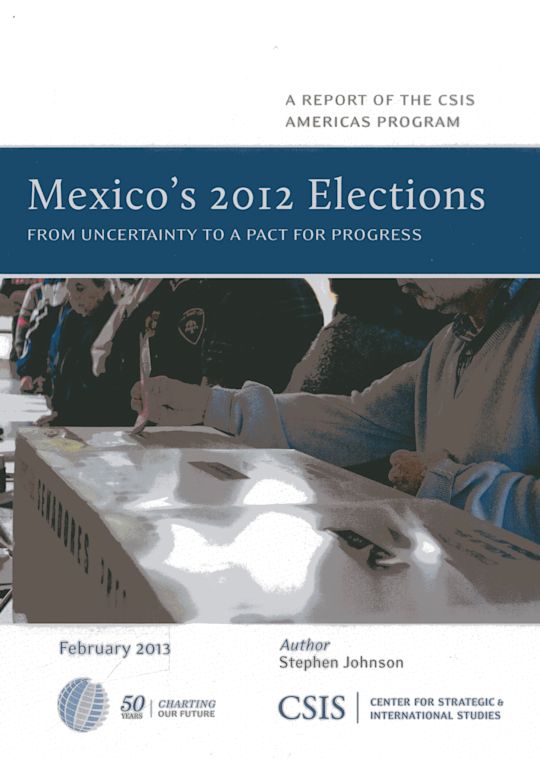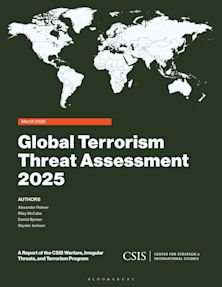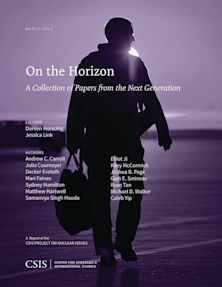- Home
- ACADEMIC
- Politics & International Relations
- Security and Strategic Studies
- Mexico's 2012 Elections
This product is usually dispatched within 3 days
- Delivery and returns info
-
Free US delivery on orders $35 or over
You must sign in to add this item to your wishlist. Please sign in or create an account
Description
At the beginning of 2011, security defined the U.S.-Mexico relationship, and it was the issue that most observers thought would shape Mexico's 2012 presidential, state, and local elections. Only two of Mexico's three main parties, the National Action Party (PAN) and Democratic Revolutionary Party (PRD), had well-known positions on security and on themes such as economic liberalization, rule of law, and reform of the energy sector. After the election, changes began to occur. A labor bill that Calderon introduced in the new Congress passed both chambers largely intact with the new president-elect's support, setting the stage for multipartisan cooperation. Similarly, in December, Congress enacted a constitutional change in education, and a supermajority of states seems destined to approve it. It remains to be seen whether that sense of compromise among Mexico's three dominant parties will prevail for other key initiatives, including telecommunications, taxes, energy reform, and public safety. Yet, where there was uncertainty about the course Mexico would take leading up to the 2012 elections, the new administration has committed itself to the principles of effective government, with public opinion playing a supporting role.
Product details
| Published | Jun 07 2013 |
|---|---|
| Format | Paperback |
| Edition | 1st |
| Extent | 24 |
| ISBN | 9781442224537 |
| Imprint | Center for Strategic & International Studies |
| Dimensions | 11 x 8 inches |
| Series | CSIS Reports |
| Publisher | Bloomsbury Publishing |



































